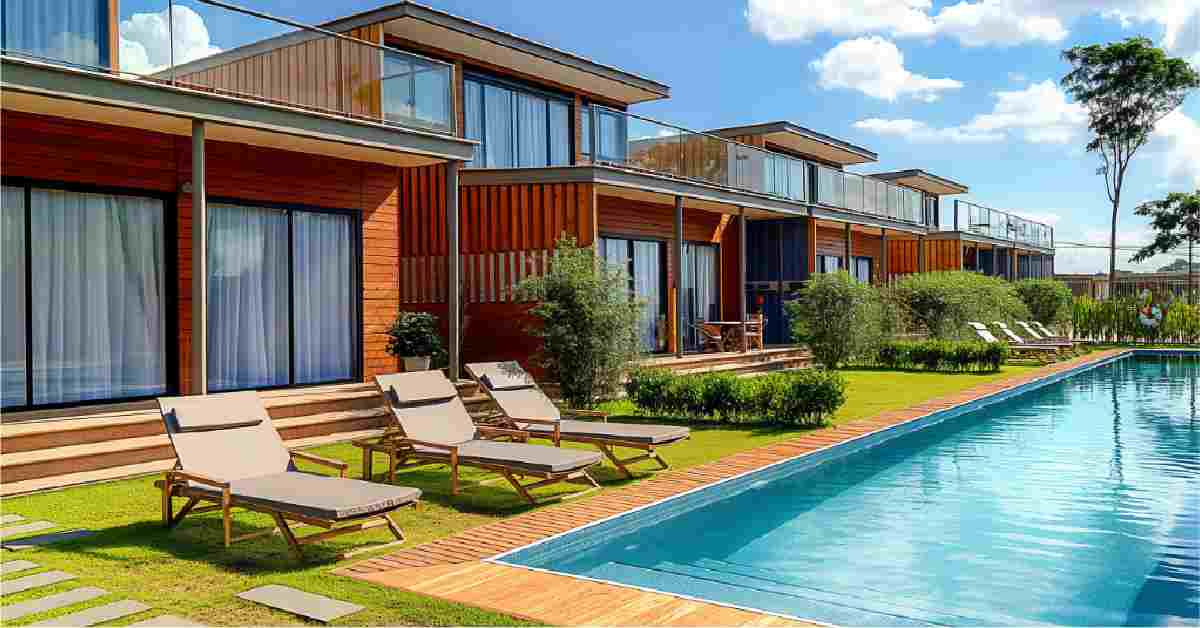What Is Assisted Living?
Assisted living is a type of residential senior care that provides older adults with personal care assistance and assistance with activities of daily living (ADLs). Residents of assisted living facilities (ALFs) can retain as much independence as possible while still receiving assistance with tasks such as laundry, meal preparation, and grooming.
Every assisted living community has a unique personality and offers different services and amenities. Some are more upscale and formal, while others have a casual, relaxed environment. The variation of assisted living residences means that most seniors are able to find a community that meets their needs and budget.
Signs You Need Senior Assisted Living
If you or your loved one possess one or more of the following characteristics, you’re likely a good fit for assisted living.
- Personal Care: If your loved one is starting to struggle to complete ADLs like dressing, grooming, and bathing, assisted living is likely a good fit.
- Cleanliness: Housekeeping and exterior maintenance of your home has become burdensome. ALFs relieve seniors of these responsibilities while allowing them to retain their independence.
- Difficulty Driving: You no longer drive or feel that you should stop driving, but you still need an easy form of transportation to get to social engagements, doctor’s appointments, and to run errands.
- Loneliness: Living at home can leave seniors feeling isolated and lonely. You enjoy socializing with other older adults and want to live in an environment with your peers.
- Forgetfulness: Forgetting to attend appointments, lock doors, or take medications can have severe consequences.
- Safety Worries: You had an accident or injury such as a fall at home and want the peace-of-mind of assistance being available around-the-clock.
The Perks of Senior Assisted Living
- Staff is available 24/7
Though ALFs are not the best fit for seniors who need high-level medical care, the staff is on-site at all hours of the day and night to assist residents when needed. Staff is always present to provide support during emergencies, which should give peace of mind to both residents and their families. - Opportunities for socialization
When an older adult moves to an assisted living community, they have opportunities to participate in planned life enrichment activities and informal gatherings. On-site events and activities like musical performances, art classes, and holiday parties present many chances for residents to engage and mingle, helping to stave off feelings of isolation that often come with old age. - Well-balanced meals
It isn’t uncommon for older adults to rely on convenience foods. Preparing healthy meals for one or two people can be time-consuming and expensive. Some seniors may have given up driving, making trips to the grocery store more difficult. Assisted living communities have dining services programs that offer well-balanced meals and snacks. Many residents enjoy companionship and socializing in the community dining room during mealtimes. - Safe design
Safety benefits include grab bars, handrails, emergency call systems, step-free showers, and staff on-site around the clock. - Care is tailored to each individual’s needs
ALFs provide care to residents on an as-needed basis. A resident who only needs assistance with one or two ADLs can access the care they need and otherwise live independently. Meanwhile, someone who needs more help and can no longer have the same independence can also receive that level of care.
How to Choose the Right Senior Assisted Living Community
Selecting an assisted living community for yourself or a loved one is a significant task. The below section will help you learn what factors to focus on in your search to make your selection process less stressful and more efficient.
- Personalized Care Plans
Most states require that each assisted living resident receives a personalized care plan upon admission. - Safety and Security Protocols
Some communities have 24-hour security staff on-site while others may elect for a secure gate. Others may have minimal security. If this is important to you, ask how the ALF ensures that its residents are secure in their environment. - Emergency Alert Systems
Emergency alert wall buttons, pendants, and bracelets that allow residents to immediately signal that they need help are common in ALFs. Ask if any such system is in place. - Interests and Sociability
Are any on-site amenities required for you to achieve this, such as an on-site swimming pool, art class, or movie screen? Do you plan to socialize with other residents? Your answers to these questions should help you look for communities with certain on-site amenities, group activities, or transportation options. - Budget
How much can you comfortably spend per month on an ALF? How does this compare to the average cost in your area? Knowing the average costs in your city compared to your budget can help you manage expectations or modify your plan to find care that better fits your budget. - Straightforward and Clear Contracts
The best, most trustworthy assisted living communities will be forthcoming about all of their pricing and contract information. Ask to see a full copy of resident contracts and pricing information before making a decision about a community.
The Average Cost of Assisted Living
In the United States, assisted living costs an average of $4,774 per month. However, this national average reflects a high variation in cost between different states. For example, in New Hampshire, the average cost of assisted living is $6,442 per month, one of the highest costs for assisted living in the country. Yet, in Alabama, assisted living costs an average of $3,716 per month.
To find out the cost of senior assisted living in your area, Please visit the relevant website.
Sources
Want to learn more about senior assisted living and the financial assistance available? Please visit:
https://www.senioradvisor.com/assisted-living
https://www.assistedliving.org/assisted-living-near-me/
https://www.seniorhousingnet.com/care-types/assisted-living

